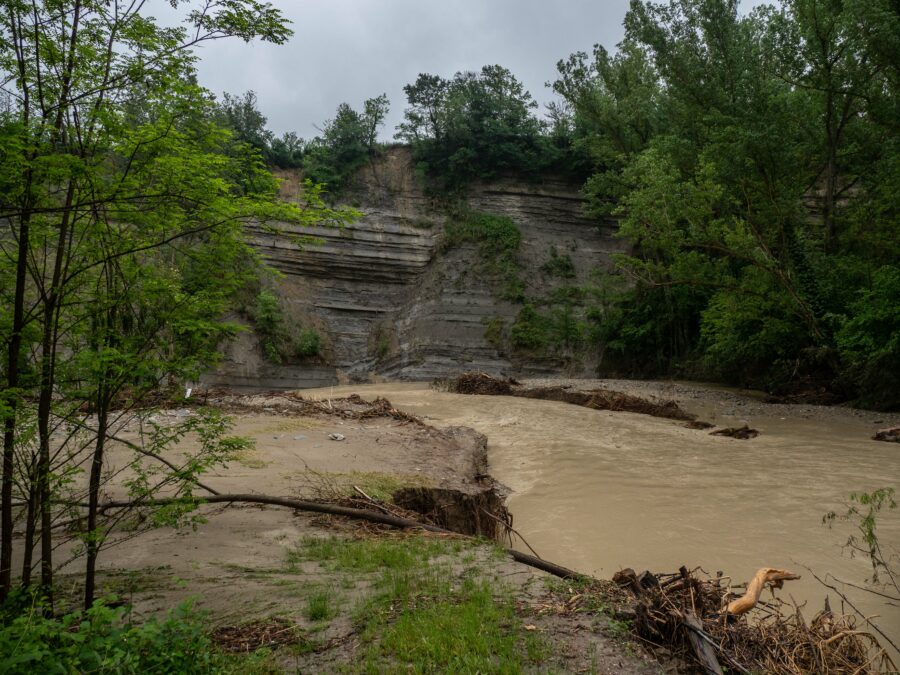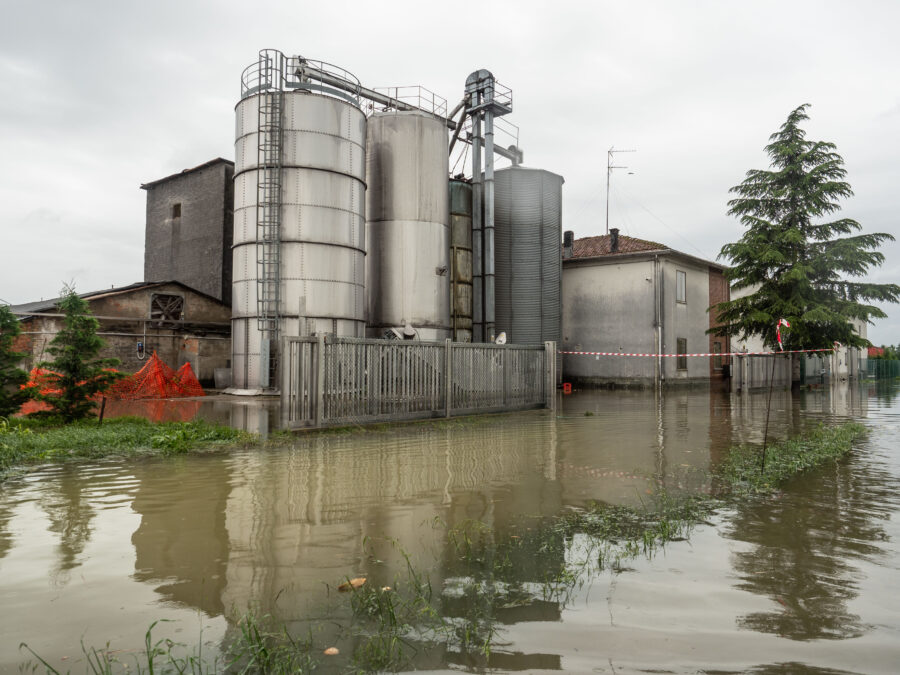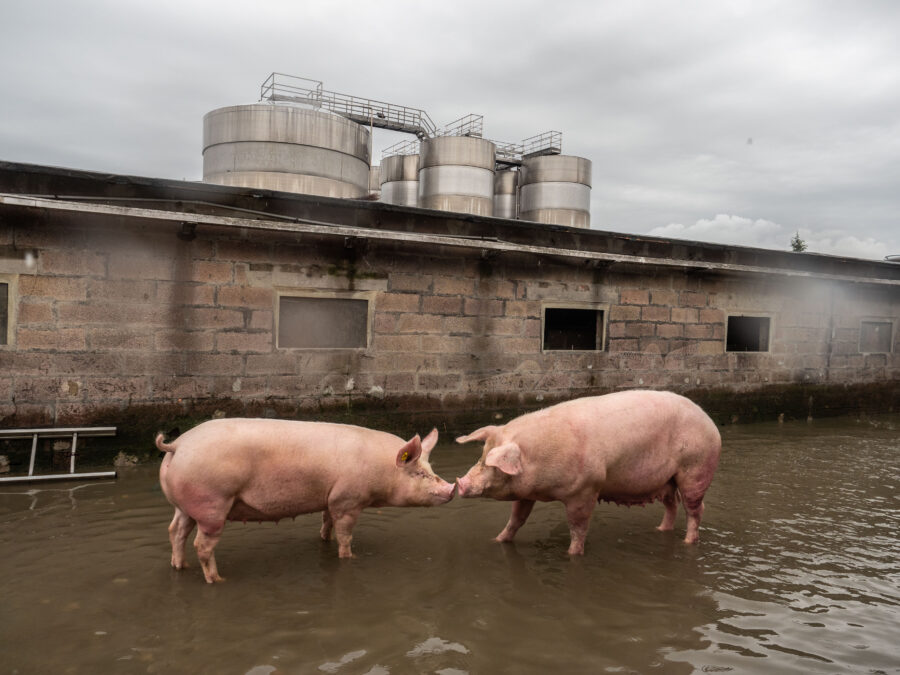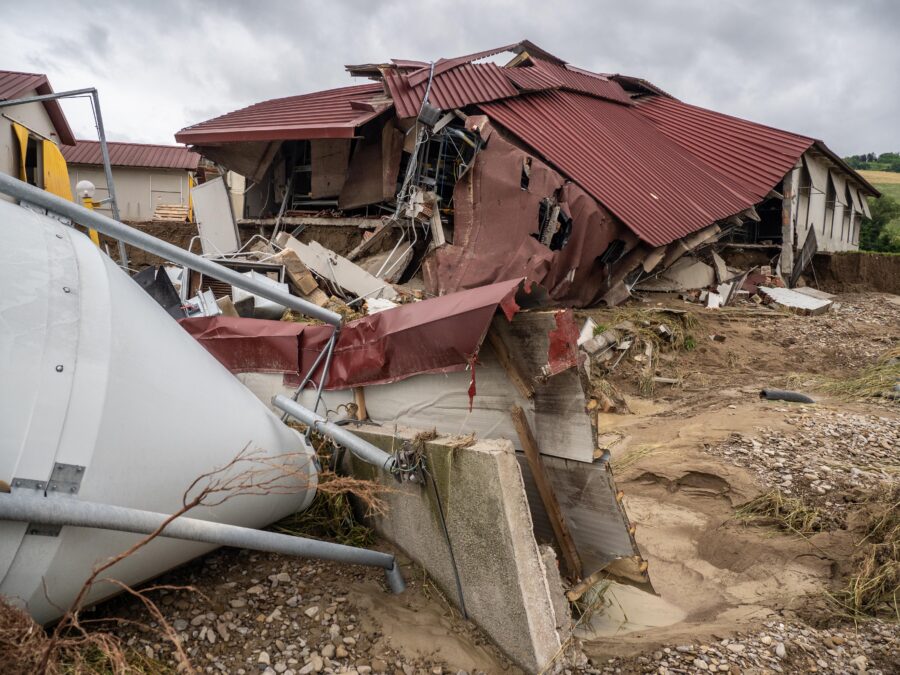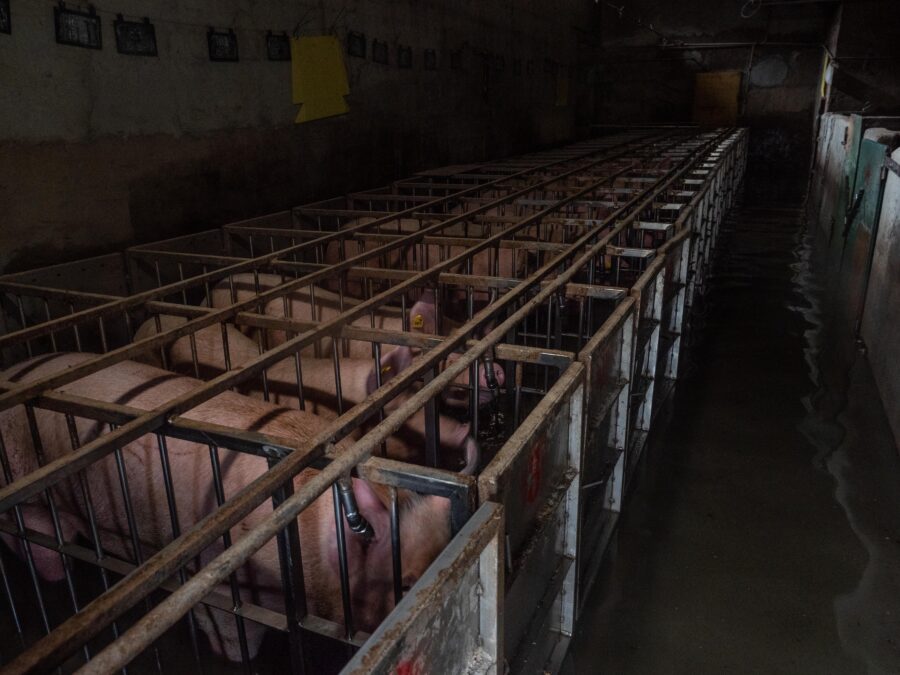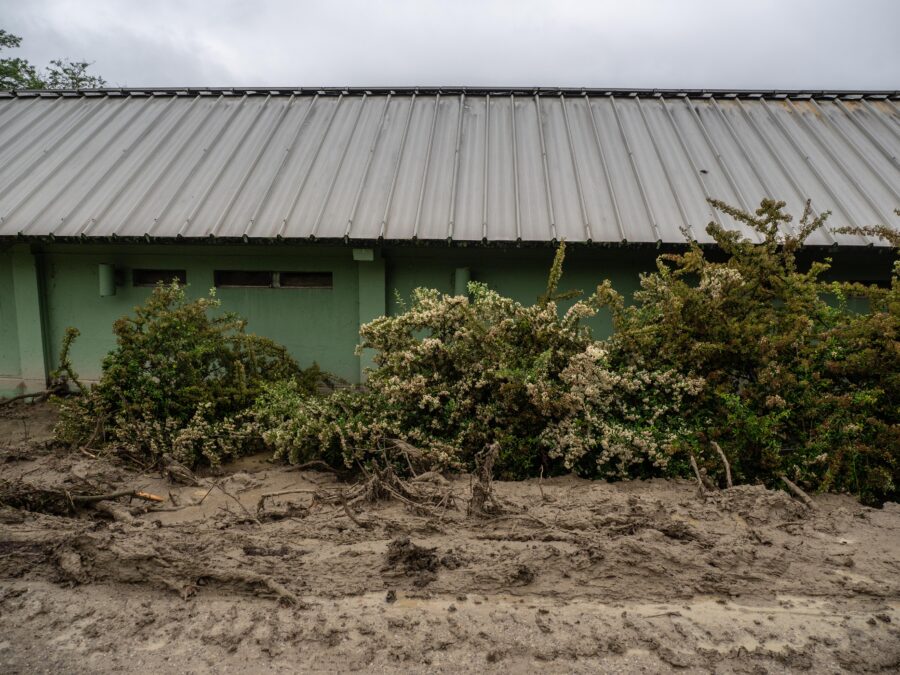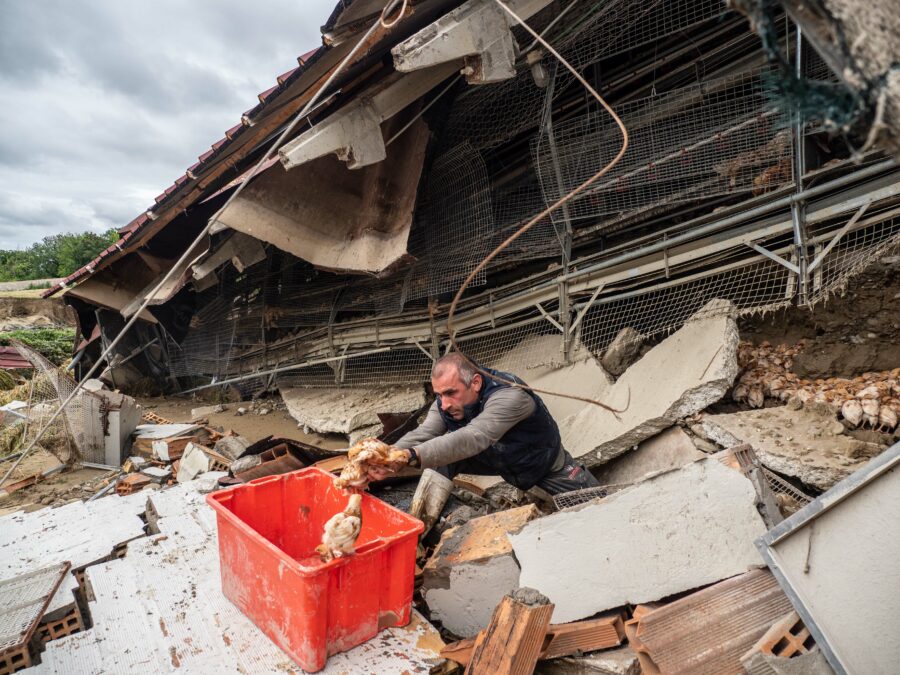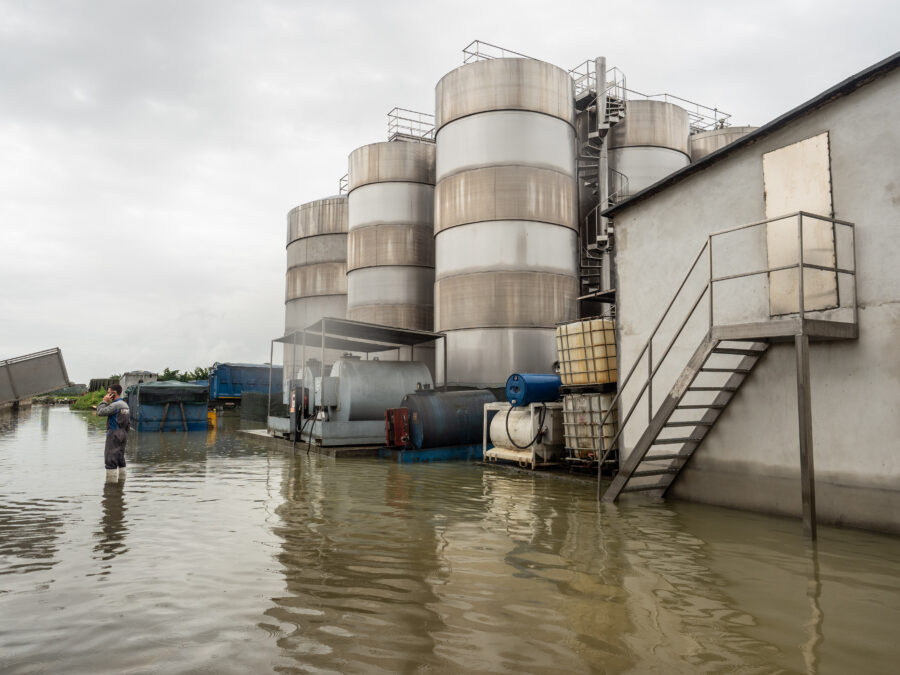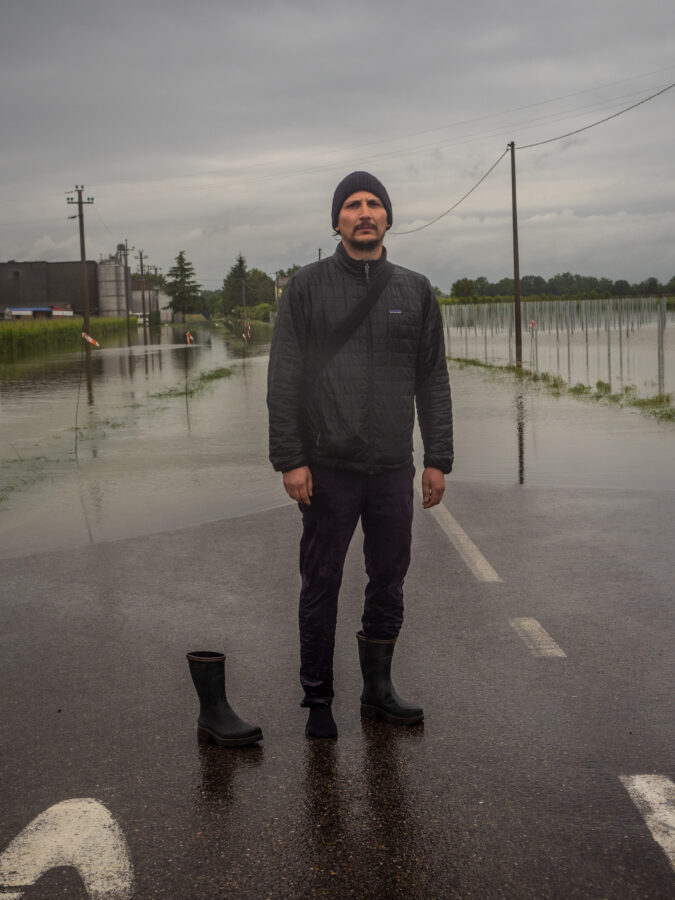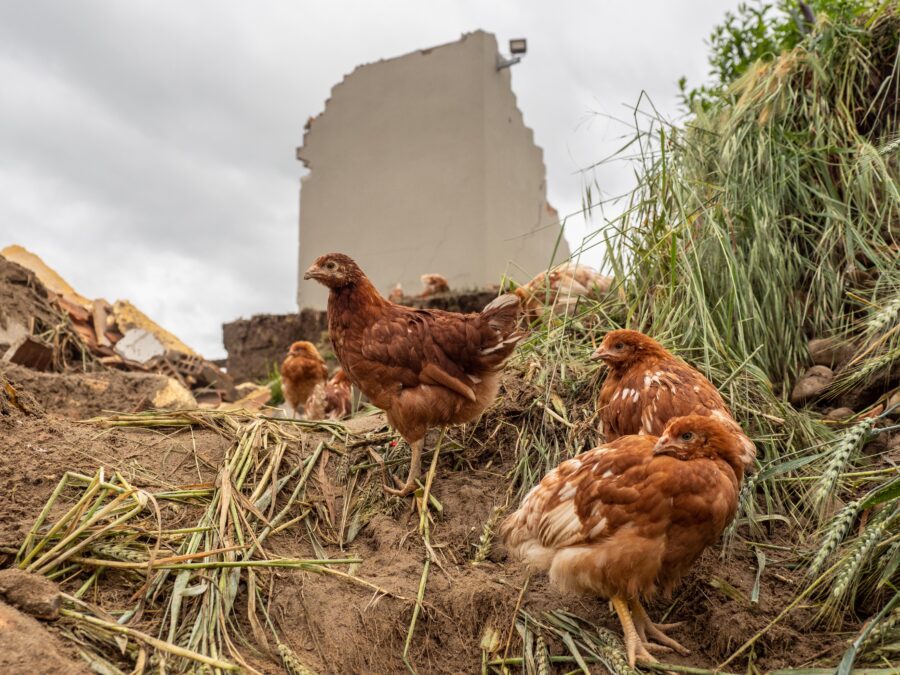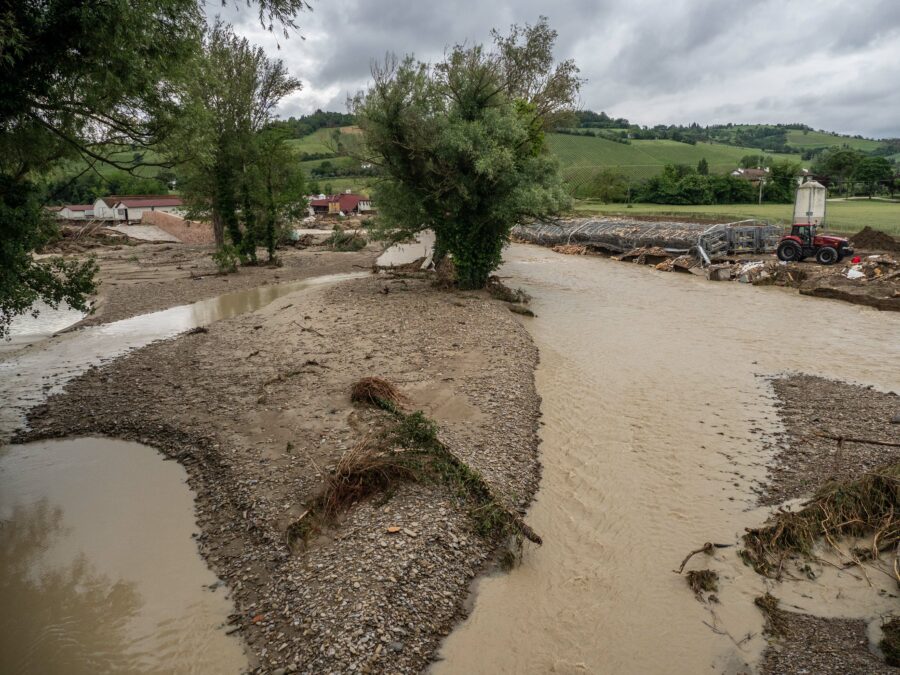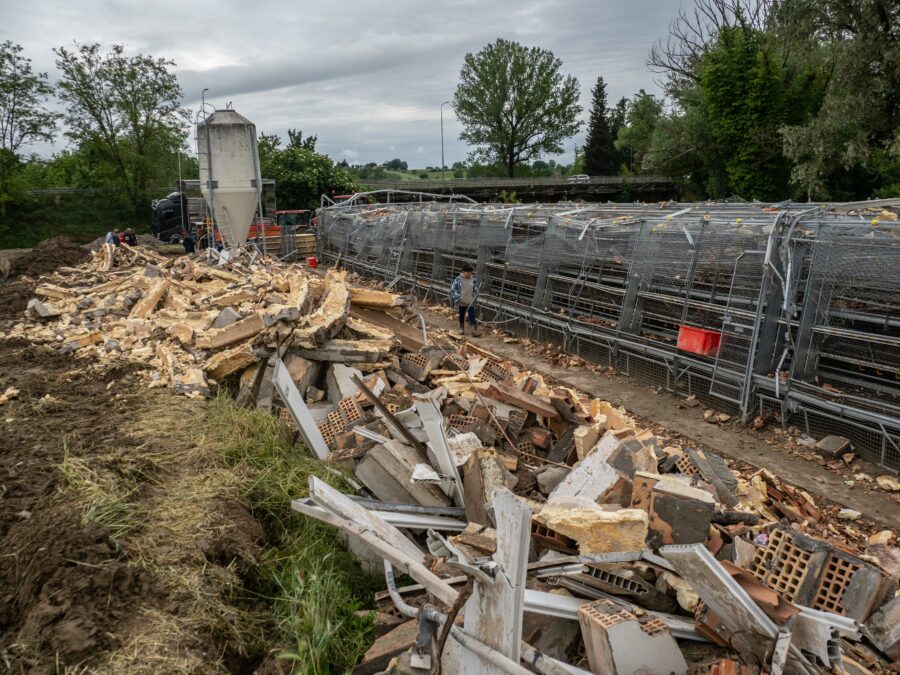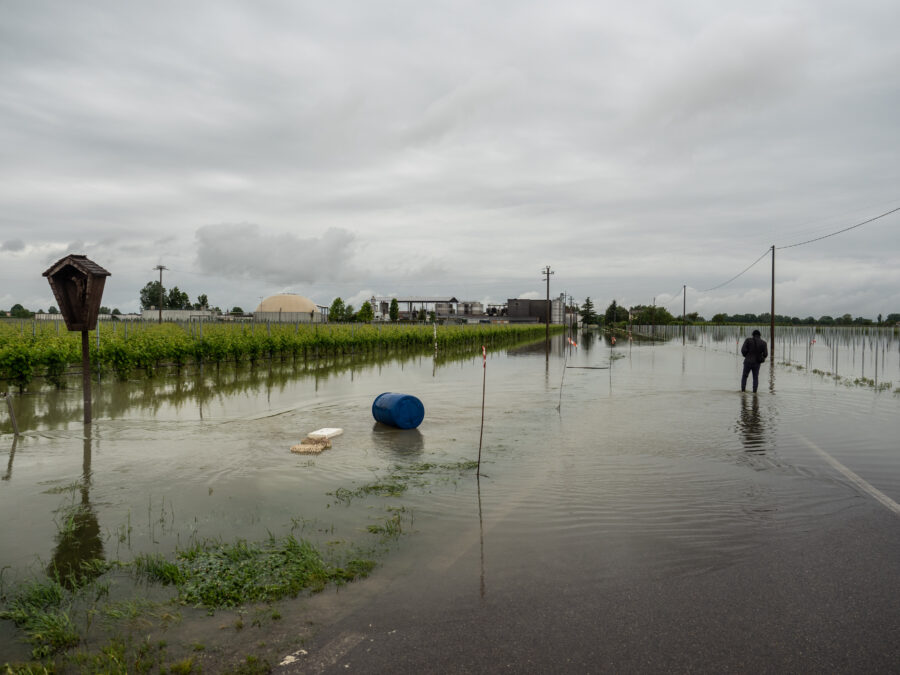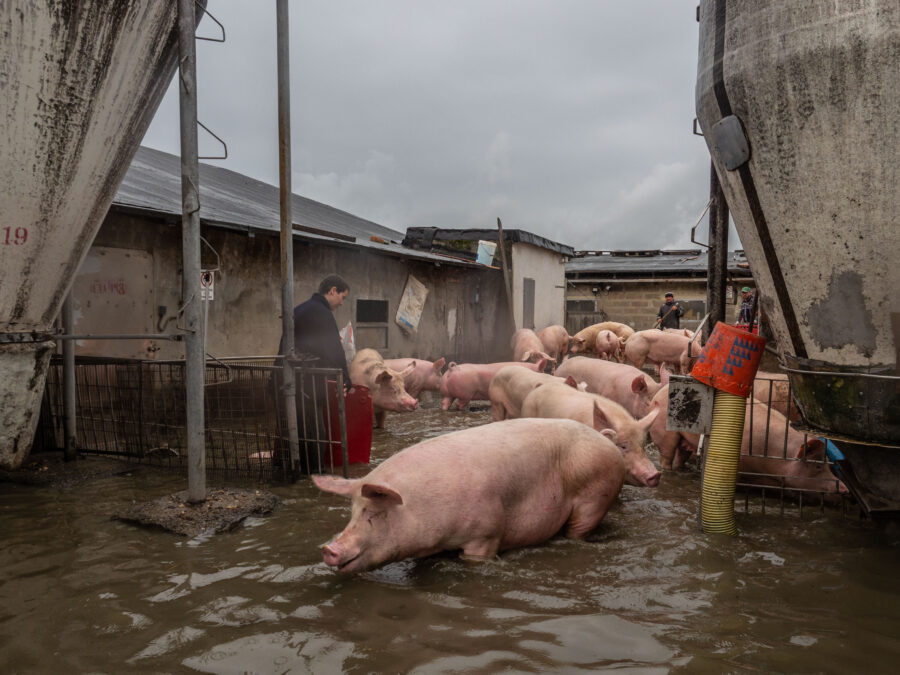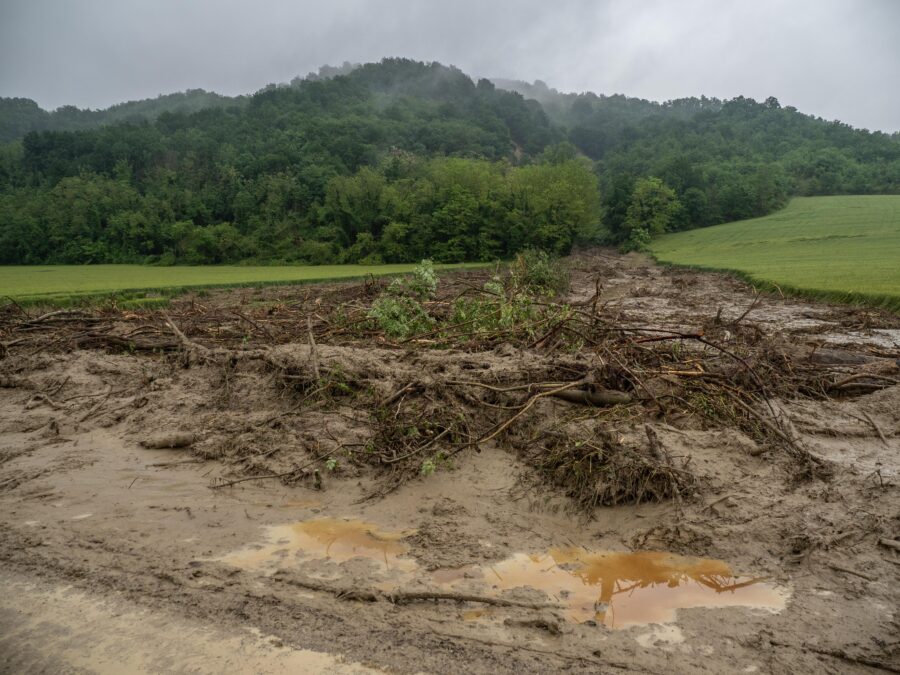Emilia Romagna flood emergency – factory farms
Tens of thousands of dead animals, rescue operations still underway
The deadly floods that have engulfed the Italian region of Emilia Romagna, killing at least 14 people, are another sign of the accelerating climate crisis, according to researchers. The floods come after years of severe drought in the region, which has compacted the soil, reducing its ability to absorb rainfall.
Emilia-Romagna is – together with Lombardy, Veneto and Piedmont – one of the regions with the largest number of reared animals and intensive farms, with more than 20 million poultry and over 1 million pigs reared per month (data: National Livestock Registry Database).
A number of factory farms are severely affected by the recent floods. Tens of thousands of animals drowned, rescue operations still underway in many areas. A number of farms are unreachable because of the landslides, leaving the animals to starve.
Italy is fragile and unprepared for the emergency.
The climate crisis has made it virtually impossible to defend ourselves against these increasingly frequent adverse events. In addition to droughts and soil impoverishment, overbuilding and increasingly intensive and polluting industrial production are also taking their toll. Only with systems that are more resilient and respectful of ecosystems will we be able to contain and respond to these adverse events, for which we must increasingly prepare ourselves in view of rising temperatures and climate-changing gasses, which are also directly linked to agro-industrial production.
In assigned collaboration with WeAnimals Media.
